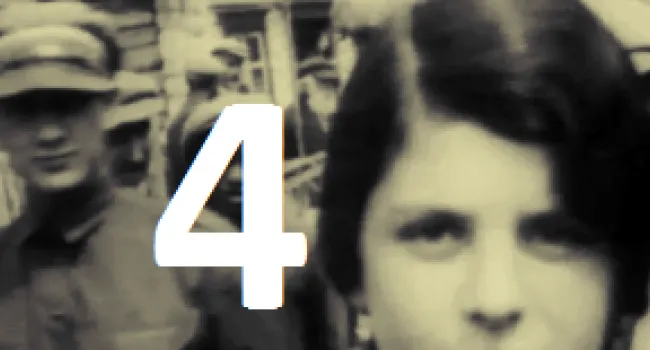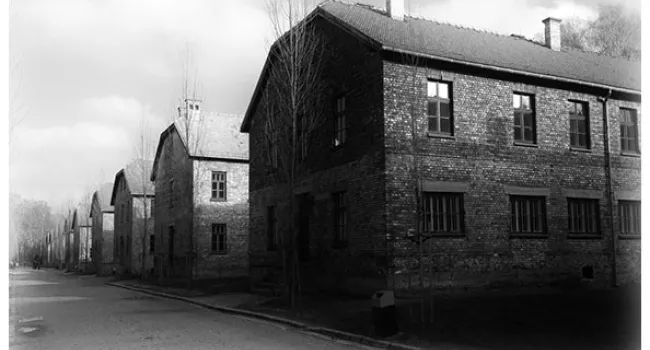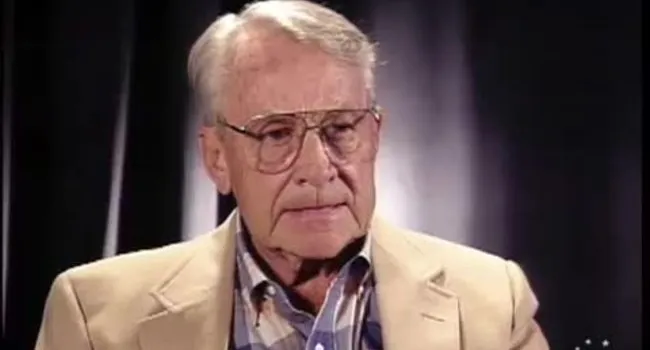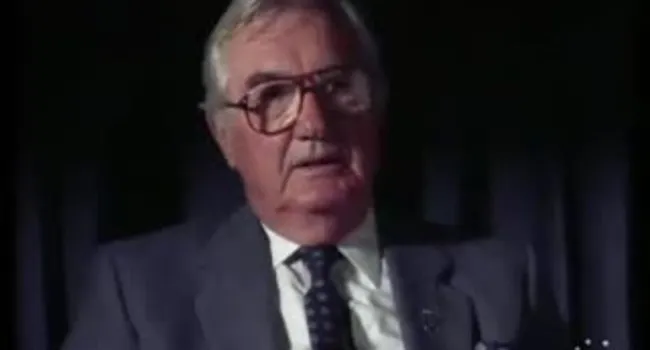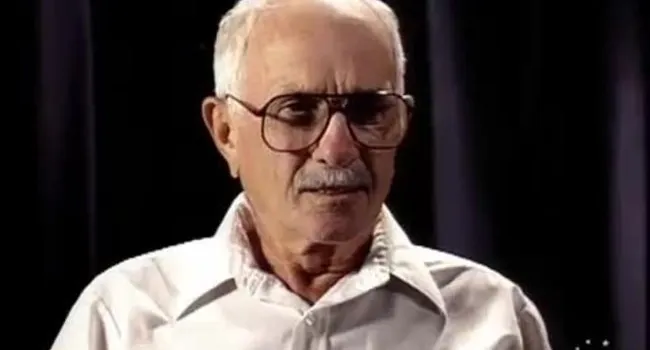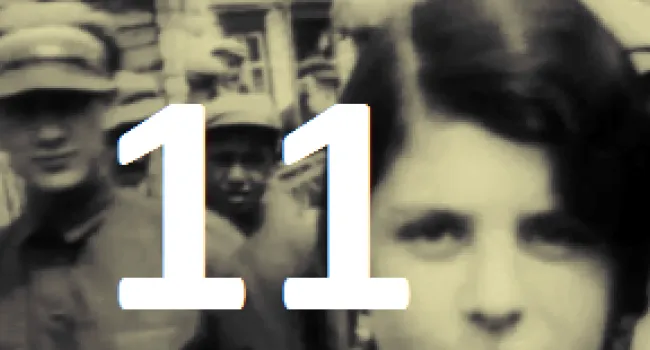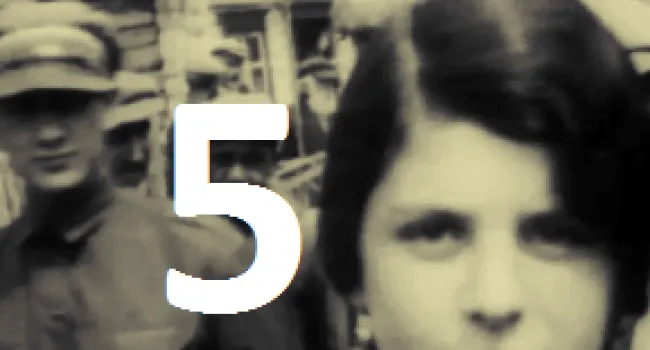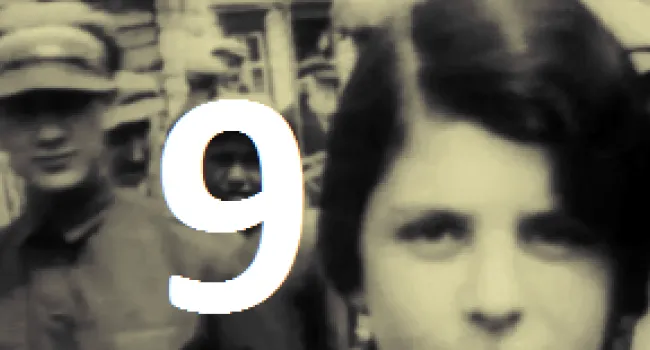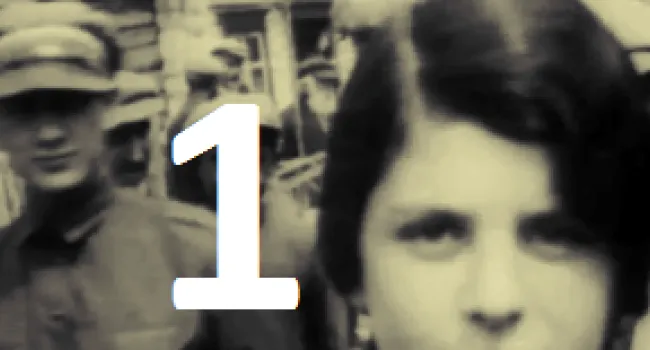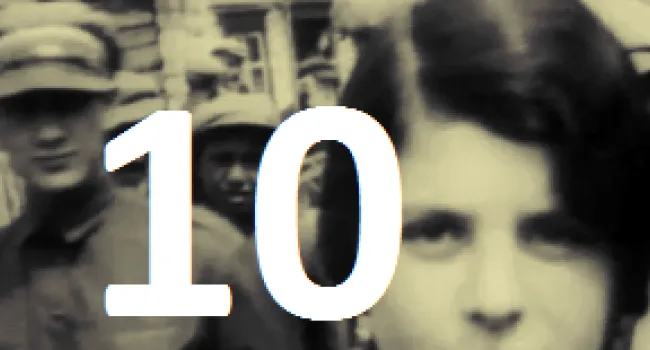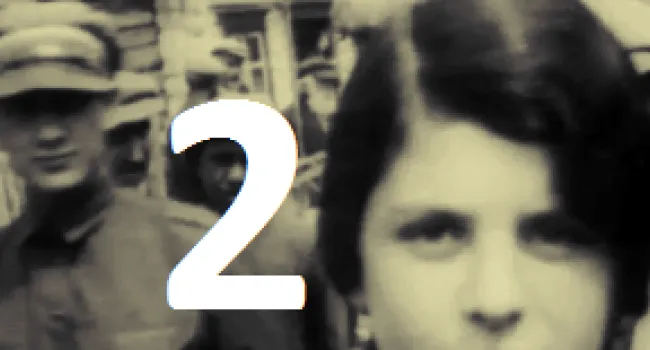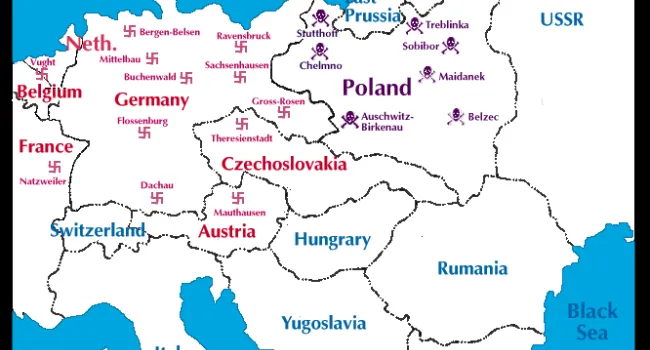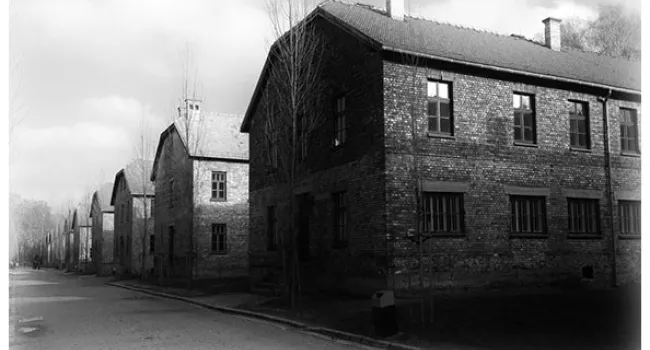Born in 1917 in Poland, Max Krautler lived there until the outbreak of the war. He grew up amidst anti-Semitism and rumors of Hitler in the newspaper prior to the war. His family was moved into a ghetto eventually, and they lived in fear everyday. In 1942 when the ghetto was closed, the Germans took away his family and shot his mother and brother. In the concentration camp, he was always afraid and hungry. He lived on only bread and soup each day. Many prisoners became sick and died. They never knew where they'd be sent next. "At Liberation, the Americans moved us to hospitals. I was the only survivor from my family. I was lucky." He decided there was no need to go back home because everything had changed. He came to the U.S. in 1956. "No one could understand the Holocaust; some don't believe it happened. If we understand it, it might not happen again. I like being an American. People don't bother you."
Standards
- 5.3 Demonstrate an understanding of the economic, political, and social effects of World War II, the Holocaust, and their aftermath (i.e., 1930–1950) on the United States and South Carolina.
- 6.5.CE Explain the impact of nationalism on global conflicts and genocides in the 20th and 21st centuries.
- 7-4 The student will demonstrate an understanding of the causes and effects of world conflicts in the first half of the twentieth century.
- The influence of both world wars and the worldwide Great Depression are still evident. To understand the effects these events had on the modern world, the student will utilize the knowledge and skills set forth in the following indicators:
- 7-4.5 Summarize the causes and course of World War II, including drives for empire, appeasement and isolationism, the invasion of Poland, the Battle of Britain, the invasion of the Soviet Union, the "Final Solution," the Lend-Lease program, Pearl Harbo...
- 7-4.6 Analyze the Holocaust and its impact on European society and Jewish culture, including Nazi policies to eliminate the Jews and other minorities, the Nuremberg trials, the Universal Declaration of Human Rights, the rise of nationalism in Southwest...
- The influence of both world wars and the worldwide Great Depression are still evident. To understand the effects these events had on the modern world, the student will utilize the knowledge and skills set forth in the following indicators:
- 8.5.CO Compare South Carolina and U.S. wartime contributions and demobilization after World War II.
- This indicator is intended to encourage inquiry into the significant causes of World War I and the impacts of the Treaty of Versailles, including its failure to prevent future global conflicts.
- USHC-7 The student will demonstrate an understanding of the impact of World War II on the United States and the nation’s subsequent role in the world.

